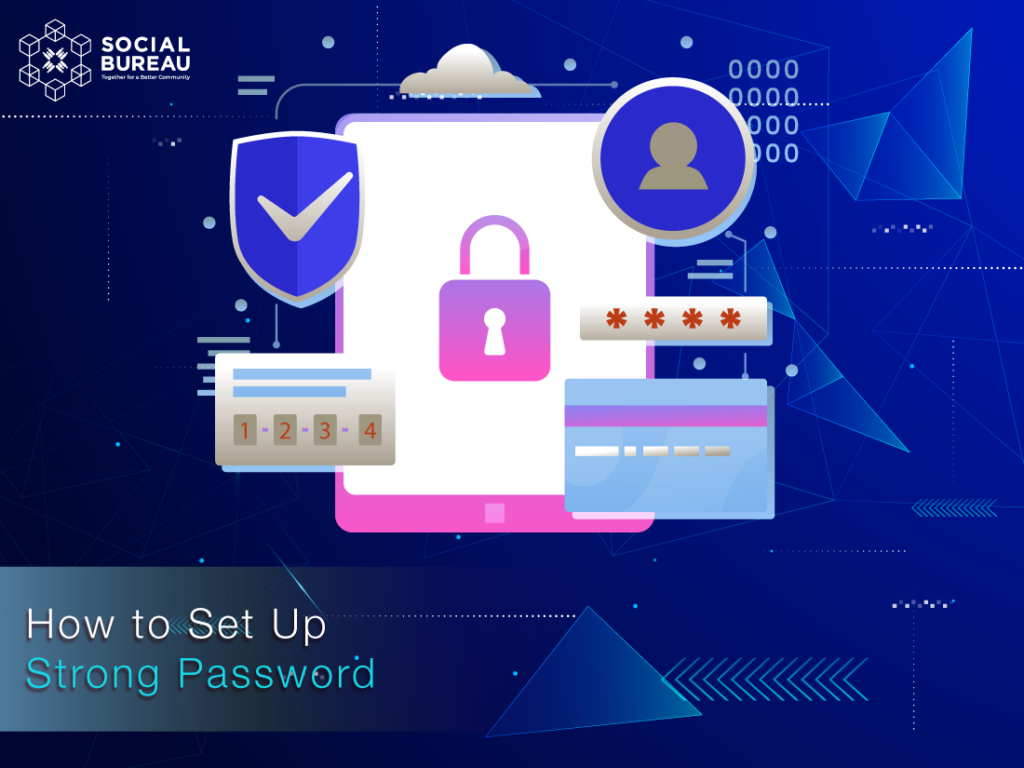In today’s digital age, passwords are the first line of defense against cyber threats. A secure password protects your personal information, financial data, and online accounts from unauthorized access. However, creating a password that is both hard to guess and easy to remember can be challenging. A strong password should be complex enough to thwart hackers but simple enough for you to recall without difficulty.
How to Set Up a Secure Password
Setting up a secure password involves a few key principles:
- Use a Mix of Characters: Combine uppercase and lowercase letters, numbers, and special characters to create a complex password. This variety makes it harder for attackers to crack.
- Create a Passphrase: Instead of a single word, use a phrase made up of multiple unrelated words. A passphrase can be easier to remember and harder to guess.
- Avoid Common Words and Patterns: Steer clear of common words, easily guessable phrases, and obvious patterns like “123456” or “password”. Hackers often use dictionaries and predictable patterns to break passwords.
- Make It Long: Longer passwords are more secure. Aim for at least 12 characters.
- Substitute Characters: Use symbols and numbers to replace letters in words (e.g., “P@ssw0rd!”). This increases complexity while keeping the password memorable.
- Don’t Reuse Passwords: Use unique passwords for different accounts. This limits the damage if one password is compromised.
Example of a Secure Password
Here are some examples of secure passwords that follow the principles outlined above:
- Using a Passphrase with Substitutions:
- Original Phrase: “I love chocolate cake”
- Secure Password: “1L0v3Ch0c0l@teC@k3!”
- Random Words Combined:
- Original Words: “Mountain River Purple Monkey”
- Secure Password: “M0unt@inR!verPurpl3M0nkey”
- Mix of Characters and Unrelated Words:
- Original Words: “Sunshine Apple Dance”
- Secure Password: “5un$h1ne@ppleD@nc3!”
These examples illustrate how to create passwords that are complex but still memorable by using familiar phrases and substituting characters.
Conclusion: What is the Takeaway?
Setting up a secure password is crucial for protecting your online presence and personal information. By using a mix of characters, creating passphrases, avoiding common words, and making passwords long and unique, you can significantly enhance your security.
If you or someone you know has been a victim of a hack or any other type of fraud, it’s important to take action. Report the case to Social Bureau. This not only offers a chance to recover stolen funds but also helps warn others and prevent further incidents.
Stay vigilant, secure your passwords, and remember that robust online security starts with strong, memorable passwords. Together, we can build a safer digital environment.




